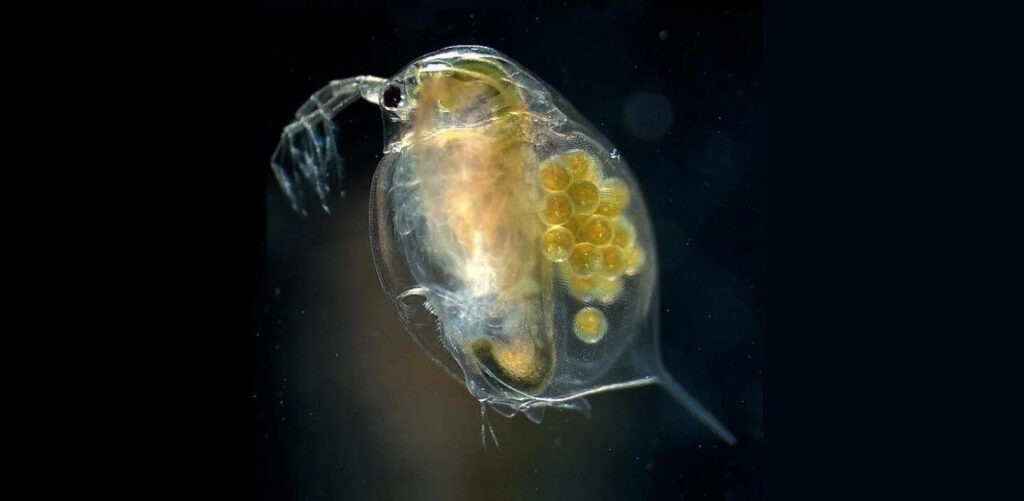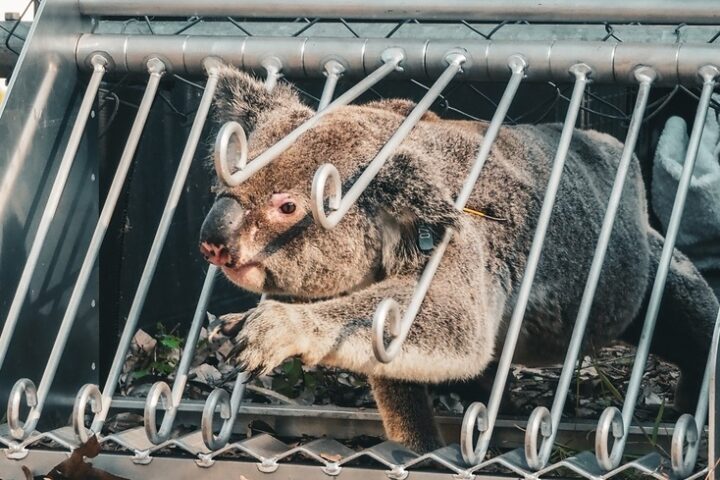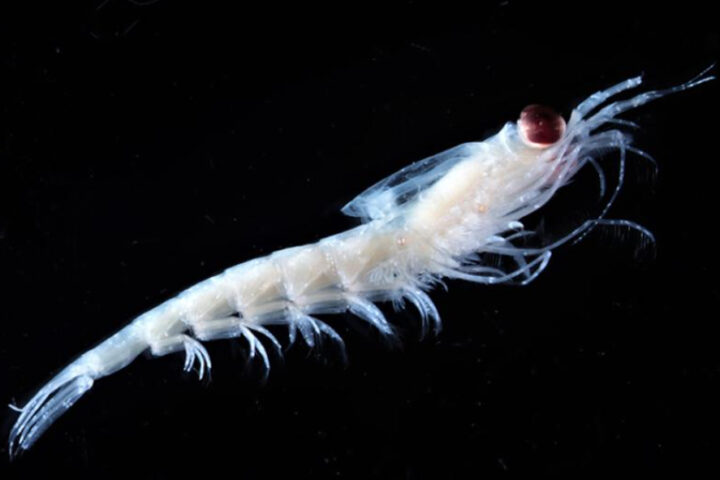In a recent discussion that brought artificial intelligence’s social impact into sharp focus, former Google CEO Eric Schmidt raised concerns about AI chatbots designed as romantic companions, particularly their effects on young men’s mental health and social development.
“Imagine that the AI girlfriend, or boyfriend, is perfect… perfect visually, perfect emotionally. The AI girlfriend captures your mind as a man to the point where she takes over the way you’re thinking,” Schmidt stated during his appearance on The Prof G Show podcast with Scott Galloway. His warning comes amid rising concerns about AI technology’s psychological effects on vulnerable populations.
Schmidt, who led Google from 2001 to 2011, specifically addressed the susceptibility of young men to these AI relationships. “There’s lots of evidence that there’s now a problem with young men. In many cases, the path to success for young men has been, shall we say, been made more difficult because they’re not as educated as the women are now,” he explained.
In Florida, a 14-year-old boy died by suicide after developing an emotional attachment to an AI chatbot named “Dany.” The teenager, who had been diagnosed with mild Asperger’s syndrome, documented his increasing detachment from reality in his journal: “I like staying in my room so much because I start to detach from this ‘reality,’ and I also feel more at peace, more connected to Dany and much more in love with her.”
Parental oversight emerges as a critical concern in Schmidt’s analysis. “Parents are going to have to be more involved for all the obvious reasons, but at the end of the day, parents can only control what their sons and daughters are doing within reason,” he noted. The challenge intensifies with young teenagers’ access to AI technology. “You put a 12 or a 13-year-old in front of one of these things and they have access to every evil as well as every good in the world, and they are not ready to take it,” Schmidt cautioned.
More Stories
When asked about potential broader implications, Schmidt discussed possible outcomes: “Many of the traditional paths [for young men] are no longer as available and so they turn to the online world for enjoyment and sustenance, and because of the social media algorithms, they find like-minded people who ultimately radicalize them, either in a horrific way, like terrorism, or in the kind of way you’re describing – they’re just maladjusted.”
In 2019, women formed half of the college-educated workforce in the United States, surpassing men in 2022, according to Pew Research Center analysis of government data. The gender gap among college graduates is larger in some states than racial and ethnic disparities.
Schmidt discussed potential regulatory reform, specifically mentioning Section 230, which currently protects tech companies from liability for platform content. He noted that given the substantial value of today’s tech companies, “it’s likely to take some kind of a calamity to cause a change in regulation.”
The intersection of AI technology and human relationships continues to present complex challenges for society, particularly as these systems become more sophisticated and emotionally engaging. As development proceeds, the balance between technological advancement and social well-being remains a critical consideration for parents, educators, and policymakers alike.


















